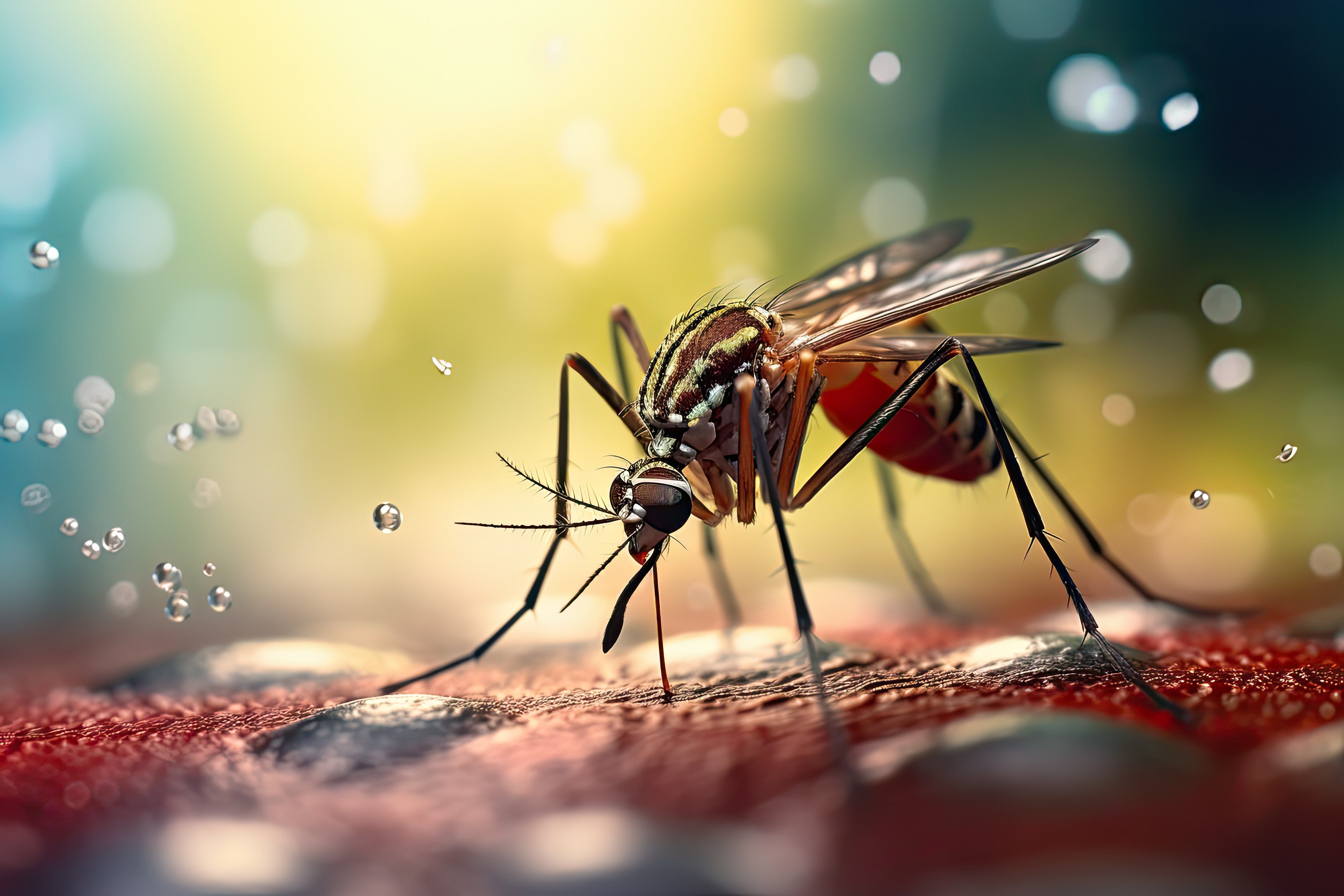News
Article
FDA Approves First Vaccine to Prevent Infection from Chikungunya Virus
Author(s):
The vaccine provides treatment prevention for individuals that are high risk of exposure to the chikungunya virus.
The FDA has approved a chikungunya vaccine (Ixchiq, Valneva), making it the first approved immunization for the illness, aimed to treat individuals that are 18 years and older at high risk of being exposed to the chikungunya virus.
Image credit: Mohammad | stock.adobe.com

The chikungunya vaccine is a single dose injection that is administrated into the muscle, injecting a live and weakened form of the chikungunya virus. Following the vaccine, individuals could experience symptoms like those that have the disease.
The press release noted that within the past 15 years, 5 million cases of the chikungunya virus have been reported. Individuals that were diagnosed with the virus transmitted it through the bite of an infected mosquito carrying the disease. Tropical and subtropical regions of Africa, Southeast Asia, and parts of the Americas have the highest rate of infection due to an increased number of virus-carrying mosquitoes in those areas. Despite this, researchers are aware that the infection has spread to new geographic areas.
The virus was also found in newborn babies, transmitted from pregnant individuals with the virus present in the blood at delivery, according to the press release. The infection was reported to cause severe and possibility fatal reactions in newborns.
“Infection with chikungunya virus can lead to severe disease and prolonged health problems, particularly for older adults and individuals with underlying medical conditions,” said Peter Marks, MD, PhD, director of the FDA’s Center for Biologics Evaluation and Research, in a press release. “Today’s approval addresses an unmet medical need and is an important advancement in the prevention of a potentially debilitating disease with limited treatment options.”
Symptoms include fever, joint pain, rash, headache, and muscle pain. The joint pain could occur for months or years in individuals with severe infection, with few available treatment options.
The approval was granted based on 2 clinical studies conducted in North America that evaluated the safety of the chikungunya vaccine. The first study included around 3500 individuals 18 years of age and older. About 1000 participants received a placebo and the remaining individuals received a dose of the chikungunya vaccine.
Individuals who received the chikungunya vaccine reported headache, fatigue, muscle pain, joint pain, fever, nausea, and tenderness at site injection. Notably, 1.6% of individuals that received the chikungunya vaccine needed medical attention because their adverse reactions limited their daily activity and 2 individuals needed to be hospitalized. Other individuals experienced prolonged reactions that extended for 30 days. However, none of these reactions were reported among individuals that received the placebo. This caused the FDA to require further studies to examine serious risk of severe adverse reactions after receiving the vaccine.
A separate clinical study focused on analyzing the effectiveness of the vaccine. The researchers used immune response data among individuals that were 18 years and older. The researchers compared the immune response of 266 individuals that received the chikungunya vaccine to 96 individuals that received the placebo.
“The level of antibody evaluated in study participants was based on a level shown to be protective in non-human primates that had received blood from people who had been vaccinated. Almost all vaccine study participants achieved this antibody level,” said the study authors, in a press release.
However, in another study that assessed if the vaccine virus was present in the bloodstream to transfer to newborns, the findings were inconclusive. The study authors noted that they were also unaware if the vaccine could have adverse reactions to the newborn and advised medical professionals to consider individuals’ risk of exposure to the virus before administering.
Reference
FDA Approves First Vaccine to Prevent Disease Caused by Chikungunya Virus. FDA. News release. November 9, 2023. Accessed November 10, 2023. https://www.fda.gov/news-events/press-announcements/fda-approves-first-vaccine-prevent-disease-caused-chikungunya-virus.
Newsletter
Stay informed on drug updates, treatment guidelines, and pharmacy practice trends—subscribe to Pharmacy Times for weekly clinical insights.






